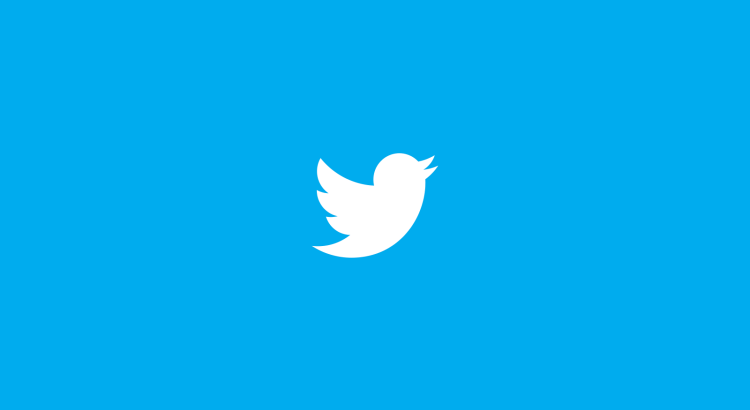
Photo Credit: Google Images
Remember when people were proclaiming that Twitter was the future of online communication? Pundits even gave Twitter credit for the mighty “Arab Spring” and the empowerment of oppressed people around the globe. Even a few years ago, Twitter still seemed fresh, new, and inventive. But something has changed. Twitter has become a place where you go for insults, barbs and sarcasm, but not for thoughtful debate. At least, that’s what the so-called media elite would have you believe…
The New York Times vs. Twitter
The latest case in point: New York Times star reporter Maggie Haberman publicly announced that she was leaving Twitter, after being fed up with all the “viciousness, partisan anger and intellectual dishonesty” she encounters there on a daily basis. It’s no longer possible, she says, to separate the signal from the noise. The amount of content is just too overwhelming. And, even worse, says Ms. Haberman, the Twitter platform has become an “anger video game,” where anything you write is going to attract trolls, haters and just plain ignorant people who make stupid, worthless comments.
The media elite and industry disruption
Fair enough!!! But haven’t we heard this story before? It’s the story of the big city media elite, whining over the democratization of the media. Think back to when blogs were in their infancy, and fancy-pants New York Times reporters just like Maggie Haberman warned that angry bloggers were going to ruin the Internet. Everyday Americans couldn’t possibly know more about the world than they did, right? Blogs were bad for media, they said. Blogs were going to ruin everything, they predicted.
Then, along came Facebook and social media, and the same types of arguments were rolled out about social media by the mainstream media. Twitter was initially discredited as being shallow, worthless and somewhat inscrutable. The first journalists who tried it out often confessed that they “didn’t get it.” Journalists loved Twitter when they could use it to promote their own stories, less so when it leveled the playing field for everyone else. (And, in fact, Haberman specifically notes that it’s frustrating that some local news outlets can have the same stature and heft on Twitter as the mighty New York Times.)
Or, more recently, take the whole “fake news” scandal – the pious members of the media elite warned that the only people you could trust were people like them. They would never, ever, ever put out “fake news.” (Right?) The Washington Post even has a new slogan: “Democracy dies in darkness.” In other words, it is the members of the media elite, with their shining spotlights of truth and accuracy, who are going to keep democracy alive. You simply can’t trust the unwashed masses to do this. Talk about self-righteousness!
The death of social media has been greatly exaggerated
So you can really view Ms. Haberman’s article about leaving Twitter in two ways. On one hand, you can view it as yet another warning signal that social media is dead, dying or on the edge of collapse, consumed by a giant wave of anger and partisan discord.
Or, you can view it as just another regrettable sign from the traditional media elite that their time is almost over in America. Most likely, people won’t even notice that Ms. Haberman is gone. This is not a commentary on Haberman’s stature as a journalist or her 187,000 professionally crafted tweets (which she proudly mentions as some sort of badge of honor). The reality is that when your news feed fills up with thousands of tweets in a matter of hours, it’s hard to notice when somebody goes missing.
By now, we’re all tired of people who make a big deal out of leaving Facebook or Twitter, or of proudly announcing that they’d never, ever use (insert name of social platform). Deep down, these want the story to be about them and not about the platform. They want a deluge of phone calls, texts and emails, asking them why they’re leaving. OMG, it can’t be true, can it?
But here’s the reality: for better or worse, social media is helping the social discourse. Yes, it can be an angry, nasty, abusive place at times. Twitter is not for the faint of heart, especially if you hold yourself up as an expert, a celebrity or an influencer.
Final thought
The real takeaway lesson from Haberman’s “I’m leaving Twitter, and so should you” article is that the days of the traditional media dominating the political narrative and the daily news cycle are almost over. The traditional media still can’t get over the fact that it has been totally, completely and thoroughly disrupted by social media. They can’t stand the fact that an average guy or gal from the Bronx, Brooklyn or Queens can have a bigger voice on social media than they do. Sorry, New York Times, but you can’t put the genie back into the bottle.